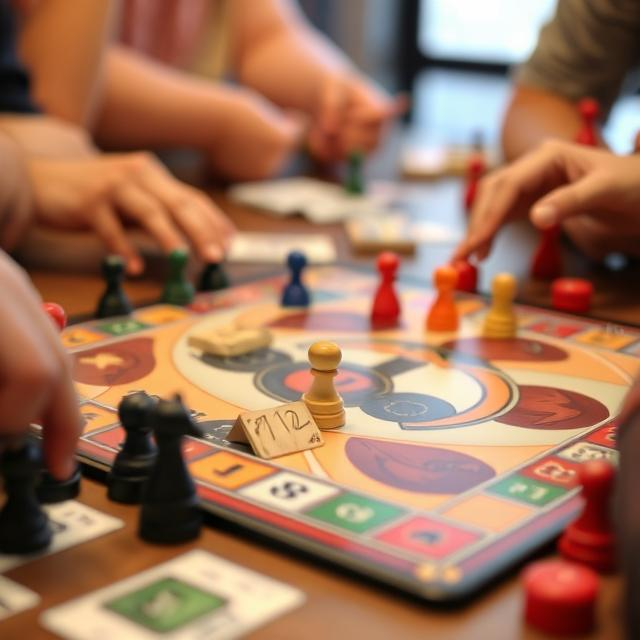Board games are a fascinating mirror into human psychology, as they allow players to express a wide range of emotional and cognitive reactions to both winning and losing. Understanding the psychological effects of these outcomes can offer insights into behavior, motivation, and the underlying drivers of human competition.
When a player wins a board game, they often experience feelings of accomplishment and pride. This success is linked to positive reinforcement in the brain, triggering the release of dopamine, the “feel-good” neurotransmitter. Winning affirms a player’s skills, strategy, and decision-making abilities, which boosts their self-esteem and can even elevate their social standing within a group. Many board games, such as Settlers of Catan or Risk, reward long-term strategy and planning, meaning that players feel they have demonstrated competence in managing complex systems and resources.
On the other hand, losing can evoke a variety of negative emotions, from frustration to embarrassment. The competitive nature of many board games places emphasis on winning, and losing can be perceived as a failure, causing a blow to one’s self-confidence. For some, repeated losses may even trigger stress responses or lead to a diminished sense of self-worth. However, losing also provides valuable psychological benefits. It teaches resilience, patience, and the ability to handle failure, which are essential life skills. Losses can lead to introspection, prompting players to reflect on their strategies and improve for future games.
Additionally, the way people react to winning or losing in competitive games varies greatly. Some individuals take a “winning at all costs” approach, while others embrace the experience of the game, focusing on fun and camaraderie rather than the outcome. This reflects the broader spectrum of human motivation—some players are intrinsically motivated by the enjoyment of the game, while others are extrinsically motivated by the desire to win.
In essence, the psychology behind board game victories and defeats reveals much about how individuals process success and failure, and how these experiences shape social interactions and personal growth.

Leave a Reply